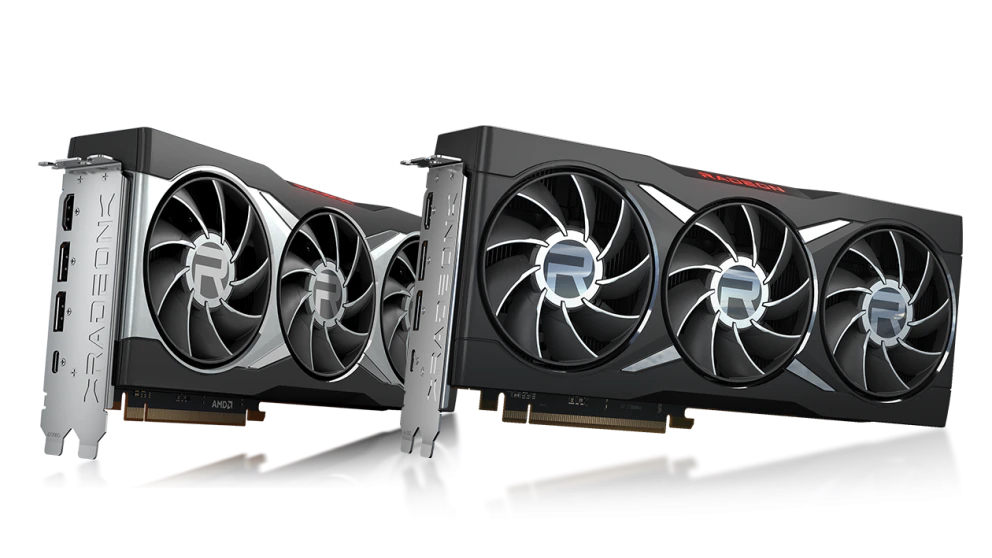AMD's latest patent gives yet another update on FidelityFX Super Resolution technology. The last official word about the release of this technology comes from AMD's Scott Herkelman, who claimed it would come before year's end. However, rumours are much more specific and optimistic, pointing to a release in June.
The patent (via Beyond3D forum) is dated from 2019, but it was only now made public. As for its content, the patent describes how AMD's upscaling technology will work and the problems of current upscaling solutions. For example, one such problem is the blurry and corrupted images generated by these solutions. It also mentions how upscaling technologies using neural networks are programmed “to operate without significant knowledge of an immediate problem.”
Upscaling technologies using deep learning also have their problems, including the loss of colour and detail due to not taking the original image into account when processing the new image.
AMD's Gaming Super Resolution (GSR) solves these issues by condensing and combining linear and nonlinear operations to process the image. First, GSR renders the image at a low resolution, then scales up to create multiple high-quality images to achieve higher framerates. The high-quality image results from applying a specific configuration of “convolutional layers and activation functions” to the low-quality image.
The patent further tells us this technology could work in both CPUs and GPUs. Moreover, it also mentions it would be compatible with multiple devices, including computers, gaming devices, handheld devices, set-top boxes, TVs, phones, and tablets.
KitGuru says: Compared to DLSS, FSR seems to have an advantage in one key area – device and hardware compatibility. If AMD can implement FSR in all devices, AMD's DLSS alternative could well be the killer app needed to fight Nvidia in the GPU segment.
 KitGuru KitGuru.net – Tech News | Hardware News | Hardware Reviews | IOS | Mobile | Gaming | Graphics Cards
KitGuru KitGuru.net – Tech News | Hardware News | Hardware Reviews | IOS | Mobile | Gaming | Graphics Cards



